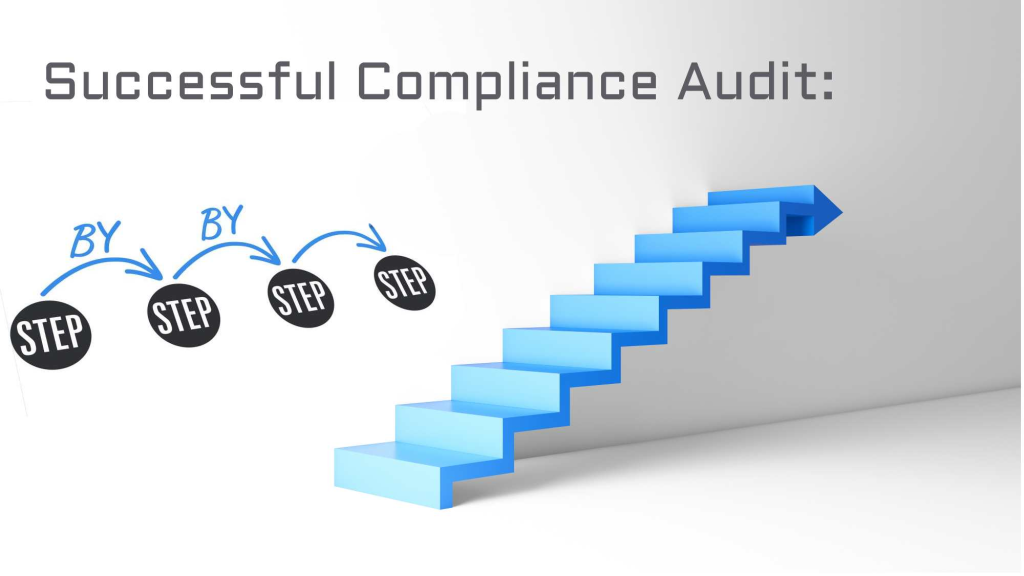How to Address Trade Compliance Issues in the Supply Chain
In the ever-evolving landscape of global trade, companies face the growing challenge of navigating complex trade compliance issues. These issues arise due to different regulations, tariffs, and trade laws in various countries. Addressing these compliance concerns effectively is critical to maintaining a smooth and efficient supply chain. Failure to comply can result in costly fines, delayed shipments, and even the suspension of business operations. In this article, we will explore how businesses can address trade compliance issues, particularly in the context of logistics, and how companies like Postalparcel provide vital services such as carrier management, delivery services, and inventory and order management to help streamline the compliance process.

Understanding Trade Compliance
Trade compliance refers to the adherence to various rules and regulations governing international trade. These regulations differ from country to country, and businesses that engage in cross-border trade must ensure they comply with local and international laws. Trade compliance covers several key aspects, including:
- Customs Regulations: Countries have their own customs laws that control what goods can be imported or exported. Businesses must ensure their products meet these regulations, including product classifications, valuation for duties, and tariff codes.
- Export Control Laws: Many countries, especially the United States, have export controls that restrict the export of certain goods, technologies, and services to specific countries or entities due to national security or foreign policy reasons.
- Import Restrictions: Many countries impose restrictions on the types of goods that can be imported, including banned or restricted products, as well as those that require special permits or certifications.
- Anti-Dumping and Countervailing Duties: These duties are imposed to protect local industries from unfair competition. Anti-dumping duties are levied when foreign goods are sold at unfairly low prices, and countervailing duties are imposed to counteract subsidies provided by foreign governments.
- Sanctions and Embargoes: Many countries, including the United States, impose sanctions or embargoes that restrict trade with specific countries or regions due to political or security concerns.
Compliance with these regulations is essential not only for legal reasons but also to ensure that goods move smoothly through customs and across borders, minimizing delays and disruptions in the supply chain.
Strategies for Addressing Trade Compliance Issues
1. Implement Robust Compliance Programs
One of the most effective ways to address trade compliance issues is by establishing a comprehensive trade compliance program. This program should include:
- Employee Training: All employees involved in the supply chain process should be educated about the specific regulations and compliance procedures relevant to their roles. Regular training sessions can help employees stay updated on new laws and best practices.
- Documentation Management: Proper documentation is crucial for ensuring compliance. Businesses must keep records of all transactions, import/export declarations, and licenses for audits and inspections.
- Compliance Audits: Regular internal audits can help identify potential compliance gaps and areas for improvement. By conducting periodic checks, businesses can proactively address any issues before they become major problems.

2. Use Technology for Compliance Automation
In today’s digital age, leveraging technology is crucial for maintaining trade compliance. Several software solutions are available that can help automate compliance processes. For instance, companies can use trade management software to:
- Automate customs filing: Software can automatically generate and submit customs forms, ensuring that all required documentation is correctly filed without errors.
- Monitor regulatory changes: Many trade management platforms offer real-time updates on changes to trade laws and tariffs, allowing businesses to adjust their operations accordingly.
- Track shipments and inventory: By using real-time tracking and inventory management systems, businesses can ensure that shipments are compliant with both local and international regulations.
Using these tools significantly reduces the risk of human error and ensures that businesses can stay compliant across multiple jurisdictions.
3. Partner with Logistics Service Providers Like Postalparcel
Addressing trade compliance issues often requires collaboration with reliable logistics partners who are familiar with international trade regulations. One such provider is Postalparcel, which offers comprehensive logistics services that help businesses manage compliance more efficiently.
Postalparcel’s carrier management services ensure that businesses select the most appropriate and compliant carriers for their shipments. By leveraging Postalparcel’s network of trusted carriers, businesses can reduce the risk of non-compliance with customs and regulatory requirements. Moreover, Postalparcel’s delivery services ensure that goods are transported in accordance with international trade regulations, minimizing delays and disruptions in the supply chain.
4. Focus on Inventory and Order Management
Efficient inventory and order management systems play a key role in maintaining compliance. By ensuring that inventory is tracked accurately and that all orders are processed according to trade regulations, businesses can reduce the risk of violations. This is where Postalparcel’s inventory management services come into play. Postalparcel helps businesses maintain accurate inventory records, ensuring that only compliant goods are shipped and that shipments are prepared with the right documentation.

Through the use of advanced software and systems, Postalparcel makes it easier for businesses to manage their international shipments, ensuring compliance at every step of the logistics process.
Overcoming Trade Compliance Challenges
Postalparcel has helped several companies overcome trade compliance challenges, especially in the realm of international logistics. One such example is when Postalparcel assisted a retail company in managing the complexities of cross-border shipments to Europe. The company was facing significant delays in customs clearance due to incomplete documentation and incorrect tariff classifications.
By utilizing Postalparcel’s logistics services, particularly its carrier management and compliance assistance, the company was able to streamline its customs processes. Postalparcel ensured that the necessary documentation was accurately filed and that the correct tariff codes were applied, allowing the company to avoid fines and expedite its shipments. As a result, the company saw a significant reduction in delivery times and an improvement in its overall supply chain efficiency.

In another instance, Postalparcel helped an electronics manufacturer facing difficulties with export controls in Asia. The company was unsure about the regulations for shipping high-tech products, and this uncertainty was causing delays and compliance risks. Postalparcel’s expertise in delivery services and order management ensured that the manufacturer’s goods complied with all export control regulations, allowing the company to continue its operations without facing penalties or shipment delays.
Conclusion
Trade compliance is an essential aspect of global supply chain management. Companies must navigate a complex web of regulations to ensure that their shipments meet international standards. By implementing strong compliance programs, utilizing technology, and partnering with logistics providers, businesses can overcome these challenges effectively.
Postalparcel offers invaluable services such as carrier management, delivery services, and inventory and order management to help companies streamline their compliance processes and ensure smooth operations. Through its extensive experience in managing international logistics and compliance issues, Postalparcel has become a trusted partner for businesses seeking to optimize their global supply chains.
Industry Insights
news via inbox
Nulla turp dis cursus. Integer liberos euismod pretium faucibua








